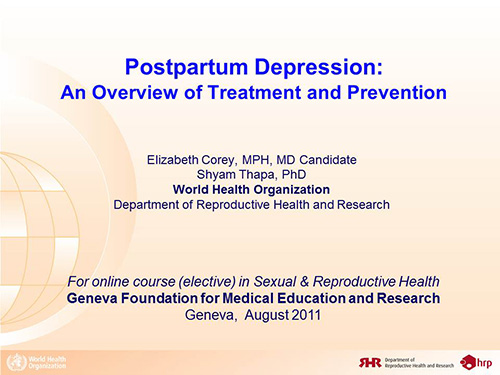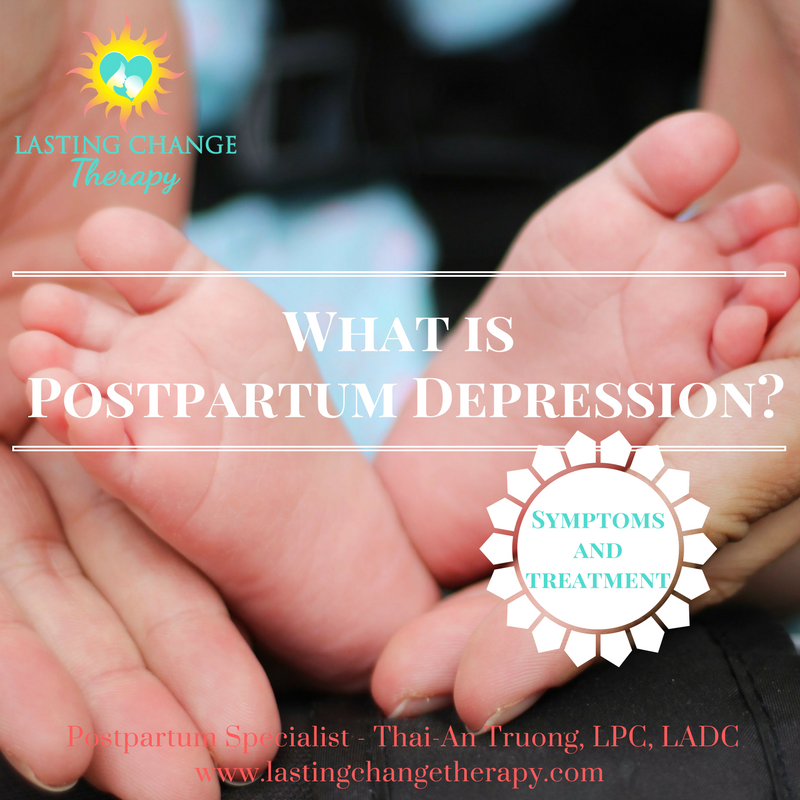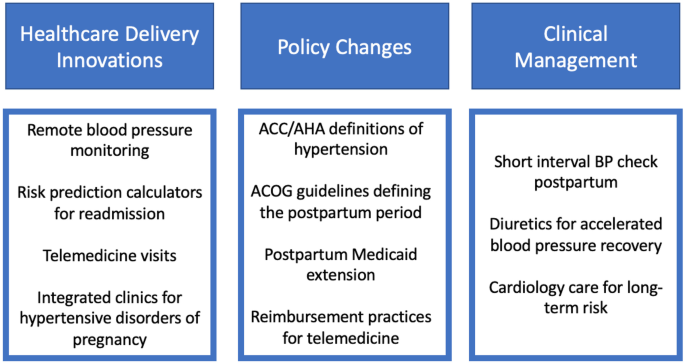How Beautiful Journey Reproductive Counseling Center can Save You Time, Stress, and Money.
How Beautiful Journey Reproductive Counseling Center can Save You Time, Stress, and Money.
Blog Article
Rumored Buzz on Beautiful Journey Reproductive Counseling Center
Table of ContentsHow Beautiful Journey Reproductive Counseling Center can Save You Time, Stress, and Money.The Beautiful Journey Reproductive Counseling Center PDFsThe 3-Minute Rule for Beautiful Journey Reproductive Counseling CenterThe smart Trick of Beautiful Journey Reproductive Counseling Center That Nobody is Talking AboutSee This Report about Beautiful Journey Reproductive Counseling CenterSome Known Factual Statements About Beautiful Journey Reproductive Counseling Center

Functioning with mental wellness specialists is a great way to find out about postpartum depression and how to recuperate. Treatment is a personal and essential method to treat postpartum depression.

6 Easy Facts About Beautiful Journey Reproductive Counseling Center Shown
There have actually not been definitive researches published that looked specifically at folate or other B vitamins in the therapy of postpartum clinical depression. Take into consideration recommending to women that are postpartum to continue their prenatal vitamin or take a B-100 complex with concerning 1 mg (or 1,000 mcg) of folic acid, or folate.
Modification of vitamin D shortage might play a substantial function in the recovery from postpartum anxiety. Mothers having a hard time with anxiety must have their 25-OH vitamin D degree examined. Several women discover that they need at the very least 2,000-3,000 IUs of cholecalciferol, which is vitamin D3 (a type that is very readily soaked up) throughout the winter season.
In the summer season, less oral vitamin D might be needed, relying on the latitude where the mother lives. perinatal counseling.
How Beautiful Journey Reproductive Counseling Center can Save You Time, Stress, and Money.

Anticoagulation might be utilized, and it must be noted that there exists no global guideline or referral for anticoagulation therapy in septic pelvic apoplexy. Preliminary bolus of 60 units/kg (4000 devices optimum) followed by 12 units/kg/h (maximum of 1000 units/h) is recommended. The aPTT is monitored for 2-3 times the typical worth.
Postpartum depression (PPD) is a complicated mix of physical, psychological, and behavioral changes that take place in some ladies after delivering. According to the DSM-5, a hand-operated made use of to detect mental illness, PPD is a kind of significant anxiety that begins within 4 weeks after distribution. The diagnosis of postpartum clinical depression is based not just on the size of time in between distribution and onset but on the intensity of the clinical depression.
The term explains a variety of physical and emotional modifications that many brand-new mothers experience. The actual web link between this drop and clinical depression is still not clear.
Getting My Beautiful Journey Reproductive Counseling Center To Work
Often, signing up with a support system of new mamas or talking with various other mommies helps. can take place a couple of days or even months after giving birth. PPD can happen after the birth of any kind of kid, not simply the initial child. You can have sensations comparable to the baby blues-- despair, despair, stress and anxiety, crankiness-- however you feel them much extra highly.
When your capacity to feature is influenced, you require to see a health and wellness care company, such as your OB/GYN or medical care physician. This medical professional can evaluate you for anxiety signs and come up with a treatment strategy. If you don't get therapy for PPD, symptoms can worsen. While PPD is a major problem, it can be treated with drug and therapy.
This illness can occur rapidly, often within the first 3 months after giving birth. Ladies can lose touch with fact, having acoustic hallucinations (hearing points that aren't really occurring, like a person talking) and delusions (highly believing things that are plainly unreasonable). Visual hallucinations (seeing things that aren't there) are less usual.
Women who have postpartum psychosis demand therapy right away and almost always require drug. Therapy options include anti-anxiety or antidepressant medicines, psychotherapy, and participation in an assistance group for emotional support and education and learning.
Beautiful Journey Reproductive Counseling Center Can Be Fun For Everyone
Youngsters of mothers with postpartum clinical depression are most likely to have troubles with resting and consuming, sobbing even more than usual, and hold-ups in language advancement. If you have a background of depression, tell your medical professional as quickly as you discover you're expecting, or if you're preparing to conceive.
Often, joining a support system of brand-new mamas or chatting with other moms assists. can occur a few days or also months after giving birth. PPD can occur after the birth of any type of youngster, not simply the first child. You can have sensations similar to the infant blues-- unhappiness, despair, anxiety, crankiness-- however you feel them far more highly.
When your capacity to function is affected, you need to see a health treatment copyright, such as your OB/GYN or health care doctor. This doctor can evaluate you for anxiety signs and symptoms and come up with a therapy strategy. If you do not get therapy for PPD, signs can worsen. While PPD is a serious condition, it can be treated with medicine and therapy.
This ailment can occur swiftly, frequently within the first 3 months after giving birth. Females can lose touch with truth, having auditory hallucinations (hearing things that aren't in fact taking place, like an individual talking) and delusions (strongly believing points that are clearly unreasonable). Visual hallucinations (seeing things that aren't there) are less typical.
Getting My Beautiful Journey Reproductive Counseling Center To Work
Ladies that have postpartum psychosis need treatment immediately and almost always need medication. Often ladies are put right into the medical facility since they go to risk for harming themselves or somebody else. Postpartum depression is treated in a different way, relying on the type of symptoms and just how extreme they are. Therapy alternatives consist of anti-anxiety or antidepressant drugs, psychiatric therapy, and participation in an assistance group for emotional assistance and education and learning.
Children of moms with postpartum clinical depression are more likely to have troubles with resting and eating, crying greater than usual, and hold-ups in language development (therapist for infertility). If you have a history of anxiety - check this https://slides.com/beaj0urepcc, inform your medical professional as quickly as you discover out you're expectant, or if you're intending to conceive
Report this page